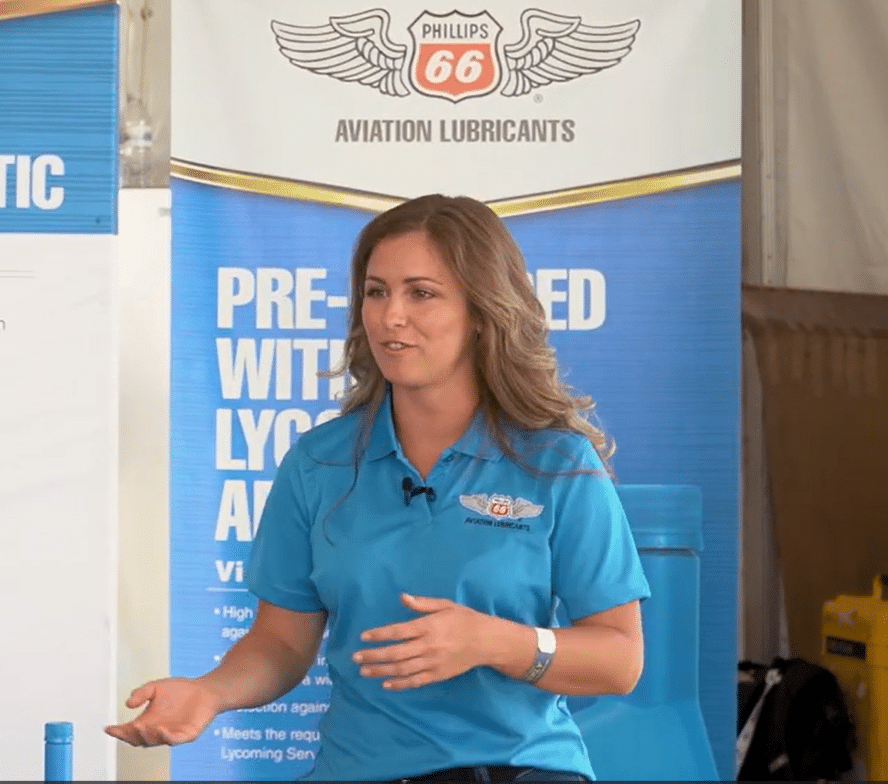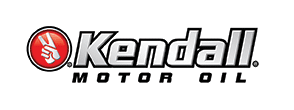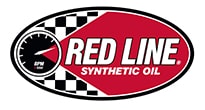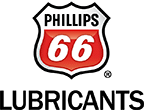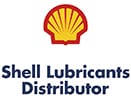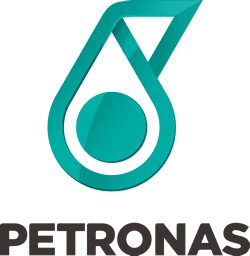Transcript
Speaker 1:
So I have a Cessna 150 and I am out of town for this event, followed by a month of travelling. So, right before I left, this is something I had not really heard of or seen but it’s been around since 1976.
Speaker 2:
This was originally developed way back in the day because Phillips Petroleum was based out of Bartlesville, so pretty close to where these were and are still currently being assembled.
We were approached way back in the day to try to develop an engine oil that could be used as a rust preventative. This does not contain dispersive ashes, the whole idea of this was that it would be used as the right viscosity to 2050 so you can make use of the crank engine in cooler temperatures while still being able to run it up.
You can actually add this and use it in two different ways. You can use it as pickling oil – we had a gentleman come in who said he picked up an aeroplane from a neighbour that had actually been pickled for 10 years using the aviation anti-rust oil and opened it up for an overhaul and there was not a spot of rust on the whole inside. The way it works is it coats metallic surfaces and that coating prevents the moisture that’s in the air from corroding the cylinder walls and other oil-wetted surfaces. You can use this at a 10% top tree so if you have a 10-quart sump, you can add 1 quart in it and help prolong and boost the rust and corrosion inhibition.
The other way you can use it is that pickling oil allows you to go up if you need to do any maintenance. You can fly up to 25 hours, put the aircraft back in the hangar and you’re still good to go. You’re still going to maintain that rust and corrosion as long as you don’t turn the prop through. That’s the key after you turn the engine off, you don’t want to move the pot prop through otherwise it will displace that film.
Summary
Aviation anti-rust oils were originally developed back in 1976 as a rust preventative so that you could make use of the crank engine in cooler temperatures while still being able to run it up. These oils coat metallic surfaces and prevents moisture from the air from corroding the cylinder walls and other oil-wetted parts. It can also be used as pickling oil to prolong and boost rust and corrosion inhibition.
